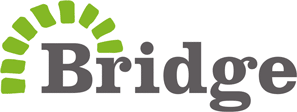British public unaware of global education crisis
8 April 2019
New nationwide research revealed that roughly nine in ten people in the UK are unaware of the size of the global education crisis. Today, more than half of children worldwide are not reaching minimum levels in reading and maths which has significant implications for the British taxpayer.
This lack of learning for children in low and middle income countries is one of the root causes of conflict, terrorism, inter-generational poverty, political instability and poor health. These have direct consequences for the UK taxpayer. Fifty per cent of the DFID budget, funded by UK taxpayers, is allocated to fragile states and regions in order to improve global security but only 10% of the £14 billion for overseas aid is spent on education, a root cause of instability and conflict.
The British public significantly underestimate the scale of the challenge to educate the world’s children, with only 11% identifying there is a shortage of 69 million teachers, and only 13% correctly estimating that 260 million children are out of school.
Despite this lack of awareness, the British public supports more innovative approaches to delivering quality education where it is most needed.
The new UK wide analysis on public attitudes reveals that:
- Over half of the public think there should be more private providers of affordable or free education in a country where the government struggles to offer enough education for all
- Over half of the public support the use of public private partnerships in countries where governments are struggling to deliver high quality education.
- 58% of the public support social enterprises, helping governments who ask for support to improve the teaching quality in their free state schools
The research was commissioned by Bridge International Academies, their Vice President Sujatha Muthayya, said: “Despite billions of pounds from governments and charities around the world, there remains an appalling lack of learning for over half the world’s children. It’s revealing that the British public is largely unaware of the crisis despite the direct consequences for global – and UK – stability and the vast amount of taxpayer money being invested in fragile states and regions with weak education systems.”
The views of the British public match those of the UK Department for International Development that’s new education strategy advocates the use of non-state actors to improve education in developing countries.
According to former British Prime Minister Gordon Brown, who now leads the Education Commission, by 2050 the number of lives lost each year because of a failure to provide adequate access to quality education would equal those lost today to HIV and malaria, two of the most deadly global diseases. Gordon Brown has called the international education crisis the “civil rights struggle of our time”.
Sujatha Muthayya continued: “We are encouraged that the majority of the public supports the UK Government’s strategy of using non-state actors to tackle the global learning crisis. In partnership with others, we are bringing innovative approaches to low-income governments so they can tackle this head-on and transform low-performing government schools into high performing ones.”
ENDS
Contact details:
Bridge press office
media@oldbridge.mc-staging2.net
+44 (0) 20 3813 8236
Notes to editors
This survey was conducted by ONEPoll among a representative sample of 2000 UK adults in March 2019 and commissioned by Bridge International Academies. ONEPoll has conducted surveys for brands such as Waitrose, TSB and the Co-operative.
Here is the full polling report on British attitudes towards the global education situation.
Official UNESCO statistics on the global learning crisis is available here, revealing that more than 1 in 2 children are not reaching minimum levels of reading and maths.
The Education Commission report highlights how ‘when educational inequality doubles, the probability of conflict more than doubles’ saying that ‘with education critical to resilience and cohesion, the dearth of skills will increase vulnerability to shocks and the risks of instability across the world’.
DFID budget allocations from the UK Government’s last spending review can be found here. DFID spending for 2017-2018, which includes investing in global peace and security, can be found here.
The new DFID education strategy that endorses the use of the private sector can be found here.
The Gordon Brown speech on the civil rights movement of international education is available here. His Education Commission report on lives lost due to the education crisis can be found here.
This global education comparison survey was conducted simultaneously in the USA, for the results of this report showed higher support for education public private partnerships. Contact the Bridge press office for a copy of the USA report.
About Bridge
Bridge believes every child has the right to high quality education and works in partnership with governments, communities, parents and teachers to ensure access to quality education. Bridge has served more than 500,000 children to date and runs or supports over a 1,000 schools
Bridge leverages in-depth teacher training and support, advanced lesson plans and wireless technology to provide pupils with a meaningful and life-changing education. Globally, there is an education crisis. Around 600 million children are either not in school at all, or in school and not learning. Bridge is committed to helping tackle this through a data driven, evidence based approach that delivers strong schools and a great education for all.
www.bridgeinternationalacademies.com





